 Could Islamic finance produce sustainable, superior economies?
Could Islamic finance produce sustainable, superior economies?
by Timothy Spangler
Is your mortgage halal? How about your pension?
Islamic finance has been a significant global force for the past few decades, but in recent years sharia-compliant saving and investing have become more common in the United States. For example, in June, Goldman Sachs provided a loan to Arcapita Bank, an Islamic investment company, that in compliance with sharia law did not charge interest. In July, a US-based trade association, the World Council of Credit Unions, published a manual explaining to would-be community financiers in developing countries how to operate sharia-compliant credit unions.
Western discussions of sharia law often focus on extremist groups imposing brutal interpretations of these legal codes on unwilling populations. But sharia law, which derives from the Qur’an and the religious teaching of Islam, can also be applied to the finance sector. Importantly, Islamic finance" href="http://www.theguardian.com/money/islamic-finance" target="_blank">Islamic finance can be seen as part of a wider movement towards the promotion of sustainability as a key element of economic life.
Also Read: Saudi Arabia Wins Bid to Host World Expo 2030
The sharia establishes distinctly Islamic concepts of money and capital, focusing on the relationship between risk and profit, and the social responsibilities of financial institutions and individuals. As is widely known, the payment or receipt of all forms of interest (or riba) is strictly forbidden by the Qur’an.
This prohibition is intended to prevent exploitation from the use of money and to share profit and loss. Money is a means of exchange – not an asset that grows over time. Islam also forbids followers from dealing in prohibited goods – alcohol, pork products, tobacco, pornography, and weapons.
The basic premise under sharia law that no one should profit purely from money leads to a shift in both parties’ perspective away from the short-term transaction and towards the longer-term relationship and its consequences.
In short, the structures that have evolved do away with classic debt – and the banks that provide such financing – in exchange for direct participation in risk and reward. For example, an ijara can be used to purchase real estate for the purpose of leasing it out to tenants and the rental income is distributed pro rata to subscribers.
Also Read: 148 Products from Indonesia Promoted at Sarawat Superstore Jeddah
A sharia-compliant-economy-sukuk-ratings" target="_blank">sukuk is a fully negotiable certificate that can be bought and sold on the secondary market, and allows the new owner to “step into the shoes” of the original holder, taking all the rights, obligations and liabilities relating to the underlying assets that accompany the certificate.
Importantly, participants in an ijara and holders of a sukuk have no guaranteed return and are all economically aligned in the long-term success of the project. If the project fails, they cannot simply take their profits to date and sell of the loan collateral to make themselves whole. As a result, Islamic finance encourages the creation of social value alongside economic value.
Because it has at its core the concept of both parties to a transaction explicitly sharing the risk, the argument has been made that Islamic finance is, in fact, more sustainable than its western counterpart. And as questions still remain over whether the banks that were pushed to the brink during the recent financial crisis, have actually changed their ways and become more responsible in their investment activities, the continued growth of Islamic finance demonstrates the growing acceptance in the market of radically different approaches.
Today, lenders provide sharia-compliant mortgages that do not charge any form of interest to the borrower and instead permit the bank and the borrower to share in the risks of the repayments. Notably, these mortgages are eligible for purchase through Freddie Mac.
Also Read: Packaging Industry Supports Halal Ecosystem
The Amana Mutual Funds, based in Bellingham, Washington, have invested more than $3bn in accordance with Islamic investment restrictions listed above. A Dow Jones Islamic Index has been constructed that screens out companies that violate these restrictions, allowing people to track the performance of the universe of potentially sharia-compliant investments.
The increased presence of sharia law in the US, however, has not been without controversy. In particular, a number of high-profile domestic law and family court cases has provoked a strong backlash in many states. In addition, some feared Islamic finance could be a dangerous risk, arguing that money entrusted to these firms could eventually be used to finance terrorism.
Because of these concerns, several state legislatures, including in Arizona, Oklahoma, Kansas, Louisiana, North Carolina, South Dakota, and Tennessee, have since 2010 tried to ban – or at least severely curtail – any application of sharia law in their state courts.
But Islamic finance is a legitimate expression of an economic philosophy of the use of money. This shouldn’t be stigmatised or criminalised – especially in light of the excesses and abuses that preceded the recent global financial crisis.
Also Read: Indonesia-Japan Agree on Energy Transition Cooperation
Islamic finance is becoming an important part of important emerging economies in the Middle East and Asia – high-growth markets where American businesses will want to compete and succeed. And the Muslim population in the United States is continuing to grow and can be an engine for further growth here at home.
Ignoring these developments at a time when sustainable banking and responsible investing still has ground to gain in the financial markets will be harmful to American banks and investors, as well as to the American economy itself. (T/P3/R01)
Mi’raj Islamic News Agency (MINA)
Source: theguardian.com
Also Read: Dubai Expo 2020 Holds Special Event for Palestine





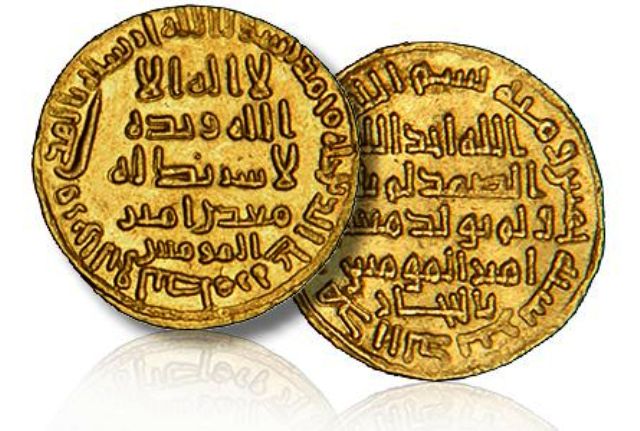


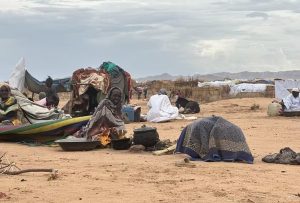
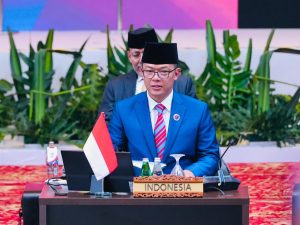



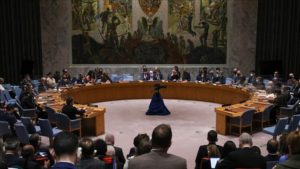

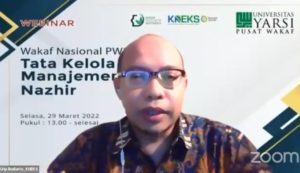

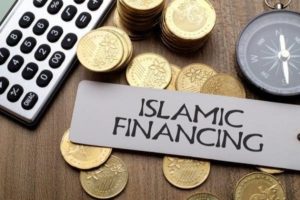
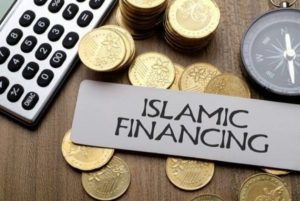
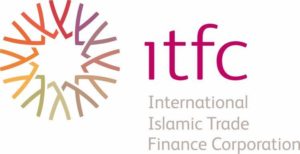














 Mina Indonesia
Mina Indonesia Mina Arabic
Mina Arabic